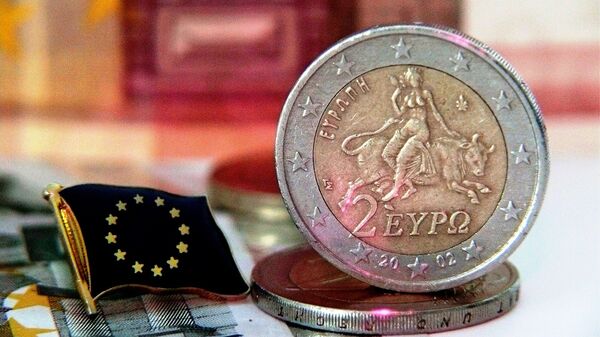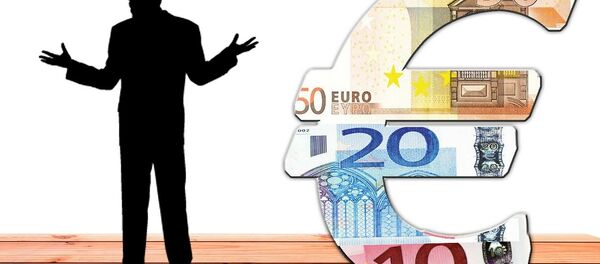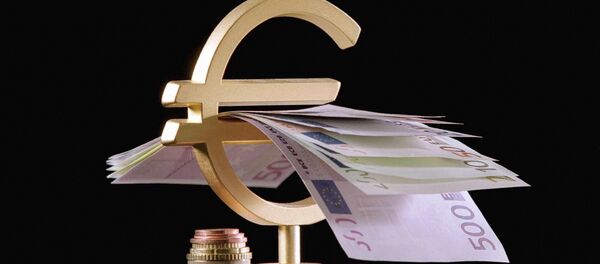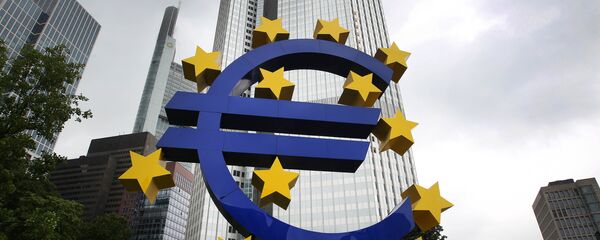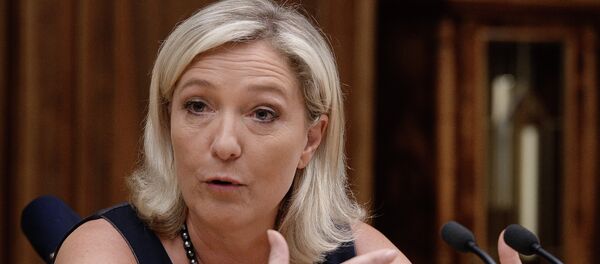Kristian Rouz – Amid the rising political risks surrounding the upcoming French election and the entailing possibility of Frexit, the renewed Greek debt turmoil and Italian banking unease, the key measure of economic sentiment posted an uptick in February in line with earlier expectations.
The euro area economy therefore might be in its best shape since the sweeping debt crisis of the early 2010s, meaning the European Central Bank (ECB) might consider removing some of its accommodative policy measures, which include the bond-buying program and ultra-low to negative interest rates.
A raise in the ECB’s base interest rates could therefore happen in 2019, in line with the current market expectations, according to an observation by the German Bundesbank President Jens Weidmann.
In January, economic sentiment for the Eurozone stood at 107.9, with a multi-year average of 100 points.
An additional business sector index also showed improvement, advancing to 0.82 in February compared to 0.76 in January and above the expected 0.79. The February reading is the highest since 2011 as well.
Manufacturing and services sectors have also shown signs of improvement, with the industry index having risen to 1.3 points from 0.8 in January, whilst services sentiment advanced to 13.8 in February from 12.8 the previous month.
However, overall economic growth in the Eurozone remains slow, and the deterioration in retail, construction and consumer sectors have reflected the downside risks to the broader economy. The lack of a coherent fiscal policy in the Eurozone has limited EU authorities’ capabilities to provide more stimulus to economic growth, whilst the ECB’s monetary measures have all but worn out.
Subsequently, EU officials have called for a greater political unity in the Eurozone, putting forth the "federal union" project that would allow the nineteen member states to coordinate fiscal policy efforts. Lawmakers from Germany, Italy, France and Luxembourg urged for closer integration, as reported by La Stampa, amidst the deepening cracks within the bloc and the rise of Euroscepticism in several key member states.
"Now is the moment to move towards closer political integration: a Federal Union of States with large skills. We know that the prospect stirs up strong resistance, but the inaction of some can not be the paralysis of all," the lawmakers said.
Another concern is the European debt market dynamics, with bond yields for Southern European nations rising amidst the turmoil in Greece, whilst the German debt rising in value as a safe haven asset, rendering the yield lower and subsequently oppressing the Eurozone’s natural interest rates and further limiting the ECB’s regulatory capabilities.
The European economic landscape in currently determined by political factors to a great extent, whilst the improvements in key sectors of the bloc’s economy have only had a limited positive effect to investor confidence and broader growth. After all, a possible Frexit, if it was to occur, would prove a massive shock that could overhaul the perception of the Eurozone as a whole, rendering the current economic projections of growth and the ECB rate hikes completely irrelevant.
